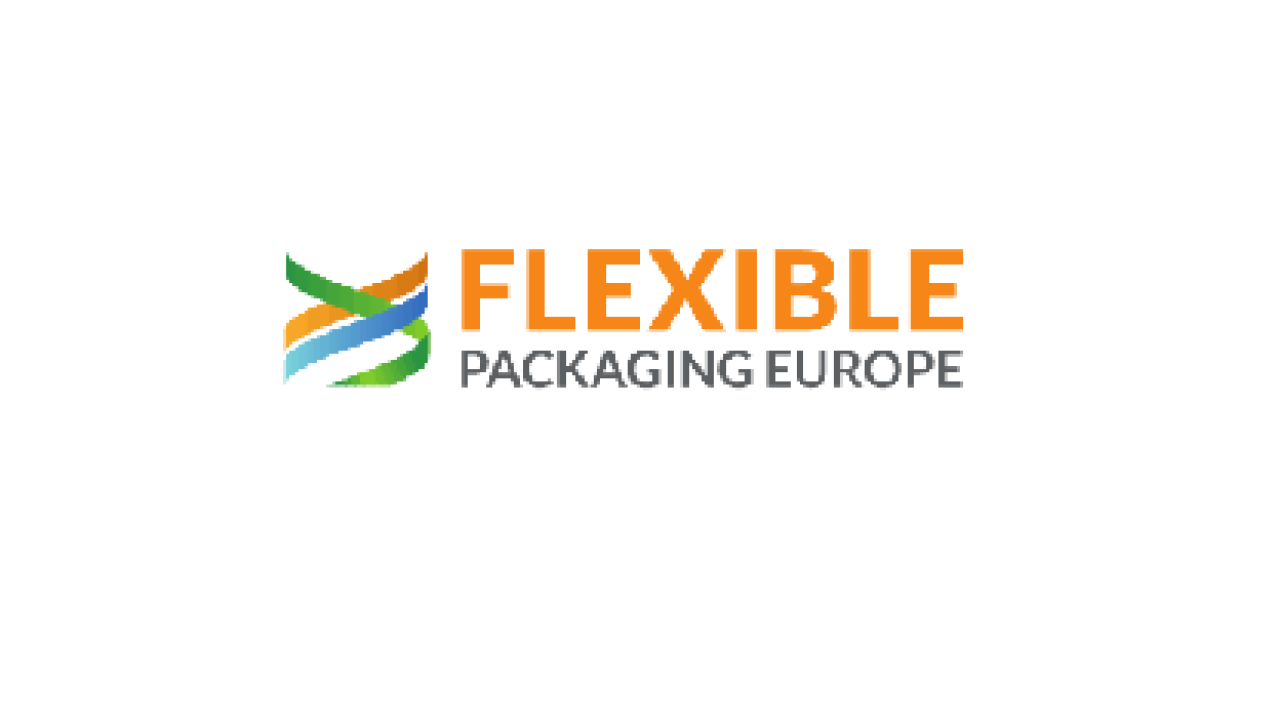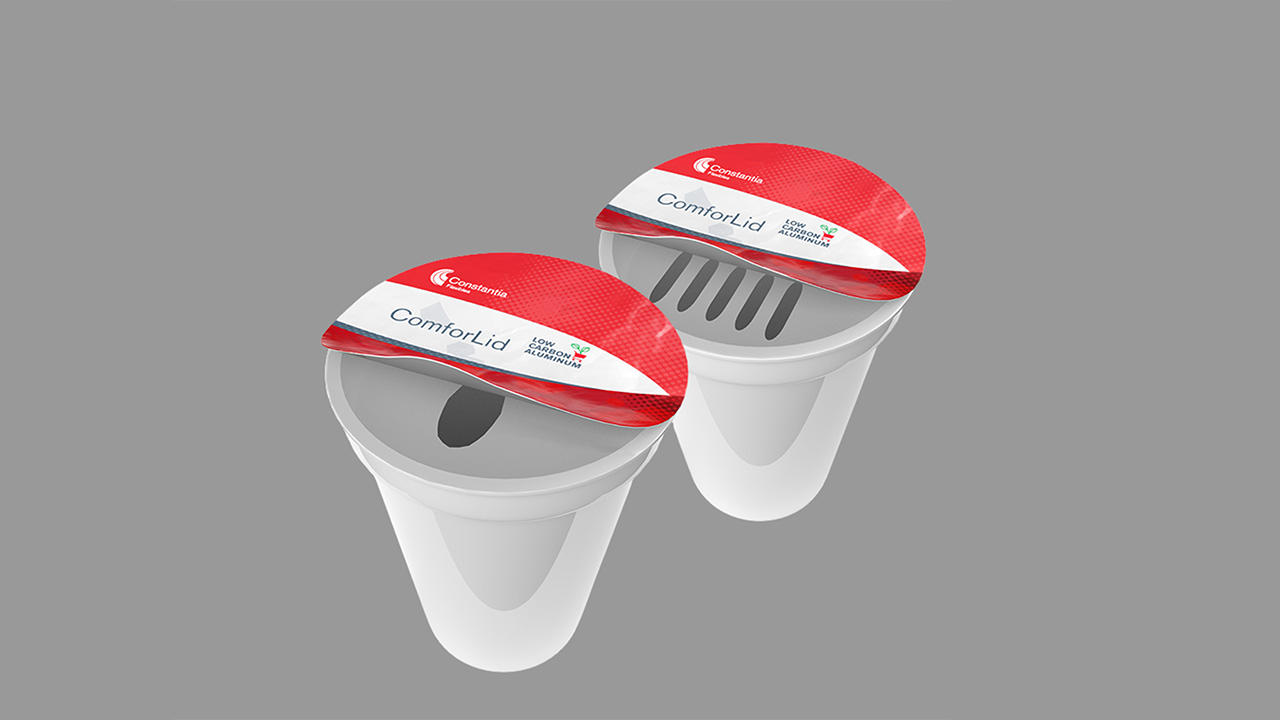CEFLEX launched to demo positive role of flexible packaging in circular economy
Following the completion of the FIACE project, which highlighted the contribution flexible packaging makes to a circular economy and identified opportunities to optimize end of life options, supply chain members and industry associations from across Europe have joined forces to continue the project with a wider scope under the new name of CEFLEX (Circular Economy for Flexible Packaging).

The FIACE project, a European initiative, assessed the value added by flexible packaging in a circular economy, and identified both the opportunities and challenges to increase this value by further closing the loop. Industry association Flexible Packaging Europe (FPE) has been an active partner in the project together with the TU Delft university and 17 companies covering the entire flexible packaging value chain, from raw material to post-consumer recycling and all steps in between.
A key finding of the project was that flexible packaging supports efficient use of resources and waste minimization throughout the lifecycle of the packed product; flexible packaging helps to prevent food waste by offering optimized fit-for-purpose options, and makes a much more efficient use of packaging material than alternative packaging formats with higher recycling rates. A further finding from the FIACE project is that flexible packaging is potentially recyclable. It is already collected in several European countries and should be collected in more countries so that it can enter the existing sorting streams for material recycling and recovery. These conclusions were mirrored by those of a similar initiative on flexible packaging conducted in the UK (REFLEX).
As a result, participants of both initiatives have joined forces to form one European project and continue to develop and deliver the FIACE objectives. This combined project, under the new name of CEFLEX, commenced with more than 30 interested companies and organizations, including FPE, agreeing on the next phase, targeted to make flexible packaging add even more value in a circular economy.
In addition to stimulating increased collection of flexible packaging in all European countries, the CEFLEX project aims to develop a robust set of design guidelines for flexible packaging to both maximize the overall resource efficiency and optimize the recyclability.
Jean-Paul Duquet, sustainability director at FPE, said: ‘We actively support the new CEFLEX initiative and believe in the combined strengths of the full value chain to demonstrate the positive role flexible packaging plays in the emerging circular economy. Flexible packaging is unique by providing the same functionality as many other packaging solutions but using far less resources. If, on top of that, its end of life recovery can be optimized, it will only further increase the resource efficiency of flexible packaging.’
Stay up to date
Subscribe to the free Label News newsletter and receive the latest content every week. We'll never share your email address.

